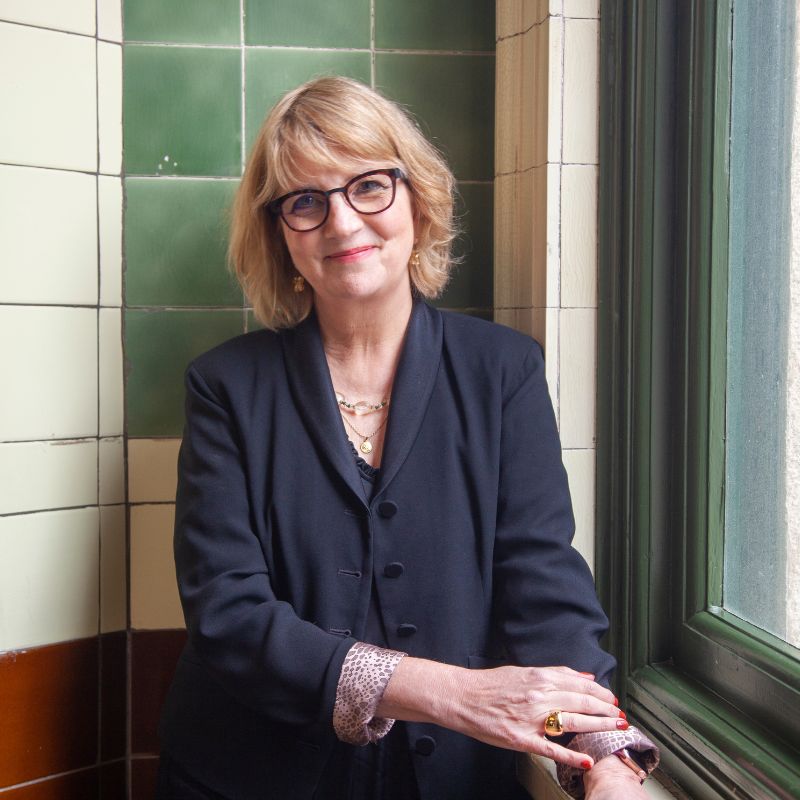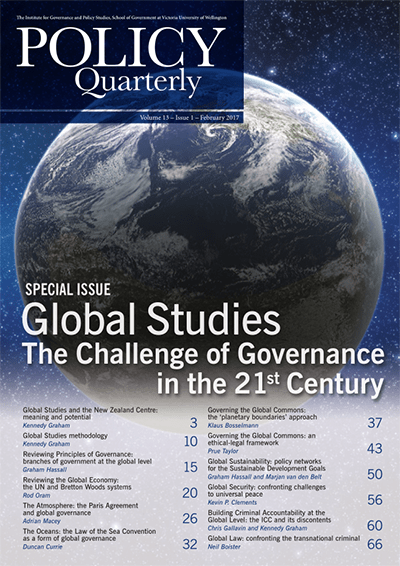About Us
Our volunteer-led non-profit organisation conducts research and policy analysis on global affairs and New Zealand’s role within that realm.
Who We Are
NZCGS was established in New Zealand in 2013 by Founding Director Dr Kennedy Graham. It focuses on research in disarmament, sustainability, peace and security, human rights and international organisations.
NZCGS runs four thematic programmes: global citizenship and education, global law and governance; global peace and security; global sustainability and climate. It also holds an annual Global Affairs Lecture on one of these themes. Since 2020, the Centre operates virtually with its output including outreach programmes for secondary and tertiary students, webinars, public meetings, peer-reviewed reports and policy briefs.
NZCGS is governed by a Board of Trustees supported by an International Advisory Panel.
Our Programmes
Global Citizenship & Education
The concept of global citizenship lies at the heart of global studies. The idea of individual humans perceiving reality around them from the vantage-point of a global worldview, and acting in the interests of the planet and humanity as a single group, is fundamental to the strengthening of global law and governance.
Global Governance
Global Governance provides a framework of coordination among international organisations, national governments, civil society and the private sector, with the United Nations playing a central role in their coordination. NZCGS focuses on how NZ can play a leading role in providing this framework.
Global Law
Global Law involves issues of global commons that transcend direct jurisdictional control by the nation state. Traditional treaties cover the legal status and usage of these areas (Antarctic Treaty System, Outer Space Treaty, Law of the Sea Convention, Ozone Treaty and Climate Change Convention).
Global Sustainability & Climate
Global sustainability is the second existential threat facing humanity, equivalent in magnitude and danger to the existence of nuclear weapons. The Centre therefore treats Global Security and Global Sustainability as the two thematic programmes, of equal import and urgency. In many ways, sustainability is a more complicated danger than weapons, because it has to do with how humans conduct their daily lives.
Global Security & Disarmament
Global security is seen, historically, as the first existential issue for humankind to have had to confront. It traditionally refers to measures taken by states and international organisations including the United Nations, European Union and others to ensure mutual survival and safety. Measures include military action and diplomatic agreements such as treaties and conventions.
New Zealand in Global Affairs
In addition to the global programmes which the Centre runs, a sixth concerns, pursuant to the Centre’s Trust Deed, an ‘insightful and constructive role’ by New Zealand in global affairs, ‘proportionate to size’. The ‘NZ Programme’ comprises an analysis of what NZ governments have done in each of the five global programmes, and an assessment of what might be possible in the future).
Our Team

Nanaia Mahuta
Chair

Libby Giles
Director & Programme Coordinator

Kiraan Chetty
Senior Research Fellow

Dr Ria Shibata
Senior Research Fellow

Special Publication on the Centre
Policy Quarterly Volume 13 Number 1 Special Issue: Global Studies
Published in February 2017, Victoria University Press.
Articles by NZCGS Board Members, edited by Jonathan Boston.
Policy Quarterly is the journal of the Institute for Governance and Policy Studies at Victoria University, Wellington, NZ.
It is targeted at readers in the public sector, including politicians and their staff, public servants and a wide variety of professions, together with others interested in public issues.
Its length and style are intended to make the journal accessible to busy readers.
Progressing Together
Join us in shaping a better future through collaboration. Whether as a partner, volunteer, or supporter, your involvement is key to driving global change. Let’s make an impact—together.
